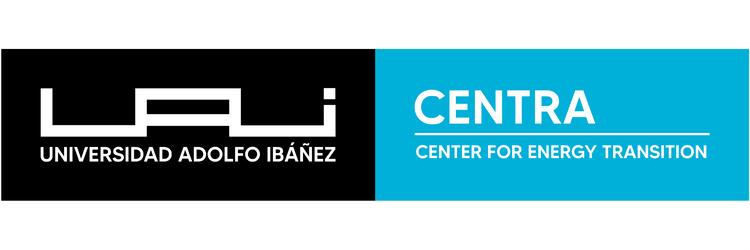Felipe Larraín and nanotechnology: “When you make everything very small, you can explore new possibilities”
August 20, 2022
In conversation with Divergentes, the academic from Adolfo Ibáñez University showed his optimism regarding the future of this discipline. “Everything I can say falls short of imagination and certainly imagination is the limit,” he said.
Beyond what our eyes can see, there is a world full of possibilities. Various specialists from around the world saw this potential and began to work.
“People realized that when you make electronics smaller, you save energy and increase the electrical performance of that device (…) When the dimensions were too small, that was called nanotechnology,” explained academic Felipe Larraín.
In conversation with Divergentes, the Ph. D. in Electrical Engineering and academic from Adolfo Ibáñez University (UAI) said that “when you make everything very small, you have the possibility of exploring new possibilities, taking advantage of mechanical, thermal, optical, electrical properties.”
On the other hand, the specialist detailed some of the functions he performs: “I make flexible electronics, devices that work like an artificial lung that allow Co2 to be captured, and I am able to repair certain solar panels and other technologies.”
Along these lines, he added that “using nanoparticles to make cables is not a fairy tale, it can be done and we do it, and this allows us to manufacture technology that we did not think possible.”
Finally, Larraín was optimistic about the future, especially in relation to the advancement of nanotechnology. “We will probably have wearable electronics and electronics in our spaces,” he said.
See interview: CNN Chile

